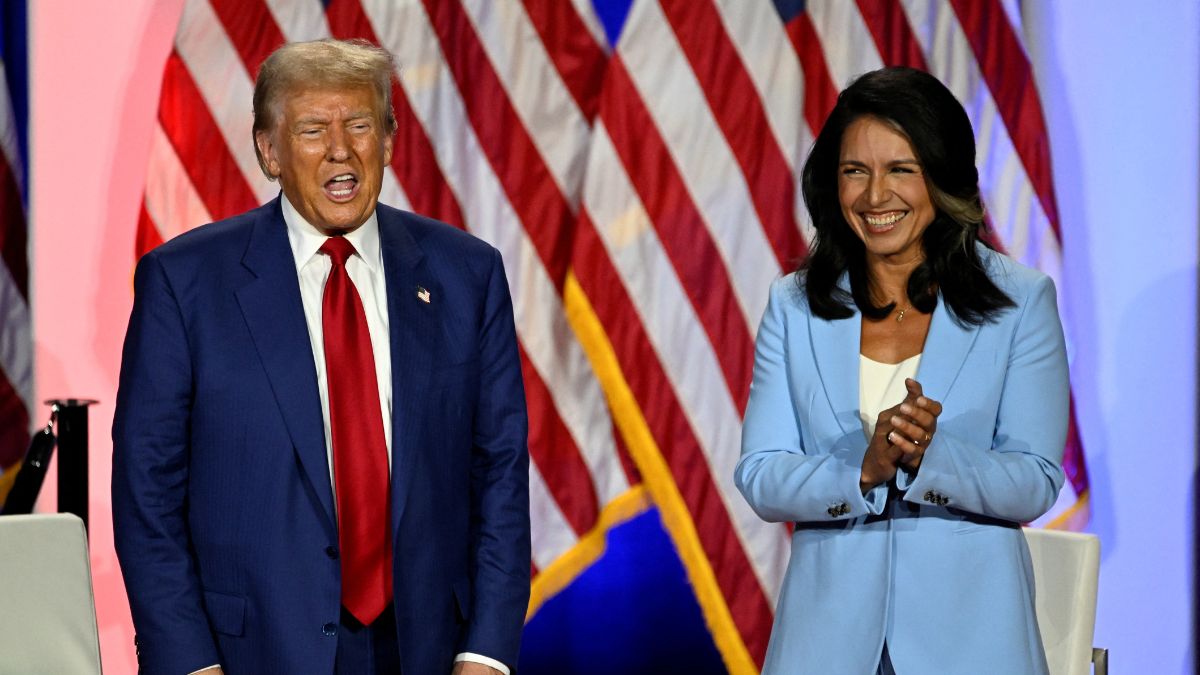Take 2. Administration assemble!
The selection of United States President-elect Donald Trump’s second term dream team is still under progress, and the former US president has chosen several Cabinet members with a common defining trait — absolute loyalty.
Trump’s latest picks, many of whom have limited experience in government, appear poised to reshape American institutions and pursue Trump’s “America First” agenda with unwavering support for his directives.
From national defence to foreign policy, Trump’s selections signal an intent to surround himself with trusted allies willing to execute his vision without resistance.
Key appointments made for Trump 2.0
Among the most talked-about selections is Congressman Matt Gaetz, 42, as US Attorney General. Gaetz, who has not previously worked in the Justice Department or served as a prosecutor, has been a vocal supporter of Trump.
However, his selection raised eyebrows given his limited qualifications and his past investigation by the Justice Department regarding allegations of sex trafficking — a probe from which he was later cleared in 2023.
Gaetz’s appointment reflects Trump’s determination to have an attorney general who will execute his directives without hesitation. As a close Trump associate told Reuters, “Gaetz will do exactly as Trump says, which is why he was picked, I guess.”
In another unconventional move, Trump named former Democratic Congresswoman Tulsi Gabbard as Director of National Intelligence (DNI). Gabbard, who is known for her opposition to military intervention, particularly regarding Syria, and her controversial stance on Russia’s invasion of Ukraine, has limited experience with intelligence.
Nevertheless, Trump praised her commitment, stating, “I know Tulsi will bring the fearless spirit that has defined her illustrious career to our intelligence community.” Gabbard’s appointment signals Trump’s preference for loyalty over experience in overseeing the nation’s intelligence network, which comprises 18 agencies.
Another notable pick is Pete Hegseth, a Fox News commentator and military veteran, chosen as Secretary of Defence. Hegseth, who has questioned diversity in military roles and advocated for pardoning servicemembers accused of war crimes, now faces the challenge of overseeing nearly three million military personnel.
Democratic Senator Tammy Duckworth voiced concerns, stating, “Putting someone as dangerously unqualified as Pete Hegseth into that role is something that should scare all of us.”
In a somewhat traditional move, Trump nominated Senator Marco Rubio as Secretary of State. Rubio, 53, has maintained a hardline stance on China and is an outspoken critic of Cuba’s Communist regime.
Trump’s nomination of Rubio offers a degree of balance, potentially reassuring America’s allies and signaling that some traditional alliances, such as NATO, might be maintained.
What Trump is looking for in his Cabinet picks
In assembling his new Cabinet, Trump has stated loyalty as an absolute requirement. His administration is taking a forensic approach to vetting candidates, reviewing past statements and affiliations to identify any history of disloyalty.
Trump has notably excluded former allies like Nikki Haley and Mike Pompeo, both of whom have criticised him at various points. Reuters quoted Trump adviser Mike Davis, who frequently consults with the president-elect, according to whom: “Political appointees require both competency and loyalty. You can’t have just one or the other. You need both.”
Trump’s preference for loyalty extends even to lower-level appointees. Researchers have been reportedly contracted to sift through candidates’ backgrounds for any signs of potential dissent. Trump’s experience with past appointees, some of whom attempted to moderate his controversial policies, has reinforced his resolve to avoid dissenting voices this term.
What Trump’s selections say about his policy agenda
Trump’s appointees generally share his scepticism toward foreign aid, particularly in the case of Ukraine. While the choice of Rubio as Secretary of State may calm some anxieties among America’s allies, other appointees, such as Gabbard, have voiced strong opposition to the US involvement in supporting Ukraine.
Gabbard has described Ukraine as a “corrupt kleptocracy,” and her views align with Trump’s hesitation to continue American assistance to Kyiv.
Also Read | What Trump 2.0 means for polarised, war-ridden world order
The combination of Hegseth as Secretary of Defence and Gabbard as DNI represents a significant ideological shift. Both have voiced strong support for Trump’s positions and show little inclination to challenge his vision.
Hegseth’s appointment suggests a possible rollback on diversity efforts within the military, as he has publicly questioned the value of inclusivity initiatives in combat roles. Such views indicate a broader ideological shift in how the Trump administration may address national defence and security policies.
Will the GOP-controlled Senate welcome these picks?
While Trump’s nominees will likely enjoy strong support from Republican lawmakers, some moderates may express hesitation. Trump’s picks, particularly Gaetz and Hegseth, could face tough confirmation processes.
Republican Senator Susan Collins voiced her surprise regarding Gaetz, stating, “I was shocked that he has been nominated. The president obviously has the right to nominate whomever he wants. But I think this is an example of why it’s so important that we have the advice and consent provisions in the Constitution.”
Also Watch:
Trump’s approach to filling his administration is largely driven by a desire for loyalty and alignment with his policies.
With inputs from agencies


)

)
)
)
)
)
)
)
)



